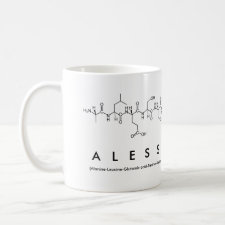
Authors: Canfarotta F, Cecchini A, Piletsky S
Publication date: 2018
Chapter title: Nano-sized Molecularly Imprinted Polymers as Artificial Antibodies.
Chapter number: 1
Page numbers: 1-27.
DOI: 10.1039/9781788010474-00001
Book title: Molecularly Imprinted Polymers for Analytical Chemistry Applications
Editors: Kutner W, Sharma PS
Publisher: Royal Society of Chemistry
ISBN: 978-1-78262-647-3
Abstract: The use of antibodies (Abs) and enzymes in diagnostic assays is widely accepted and, to date, represents the gold standard in terms of sensitivity and affinity. Abs are routinely used in many diagnostic assays but they suffer from short shelf-life, high costs of manufacturing and relatively poor stability, especially at extremes of temperature and pH. The use of molecularly imprinted polymer (MIP) nanoparticles can overcome these problems. Compared with Abs, the synthesis of MIPs is simpler and more cost-effective and, moreover, does not require involvement of animals. In addition, MIPs show high stability and excellent mechanical properties, and can be prepared virtually for any target. NanoMIPs, sometimes called "plastic antibodies", are nanostructured polymer particles capable of selectively recognising the said target. Thanks to their size, they represent a viable alternative to Abs, as demonstrated by their recent application in several diagnostic fields. Herein, we review the most common synthetic approaches in the manufacture of nanoMIPs, together with some recent examples of the use of nanoMIPs in diagnostics, in particular within sensors, assays and for imaging purposes
Template and target information: Review - MIPs as artificial antibodies



Join the Society for Molecular Imprinting

New items RSS feed
Sign-up for e-mail updates:
Choose between receiving an occasional newsletter or more frequent e-mail alerts.
Click here to go to the sign-up page.
Is your name elemental or peptidic? Enter your name and find out by clicking either of the buttons below!
Other products you may like:
 MIPdatabase
MIPdatabase









